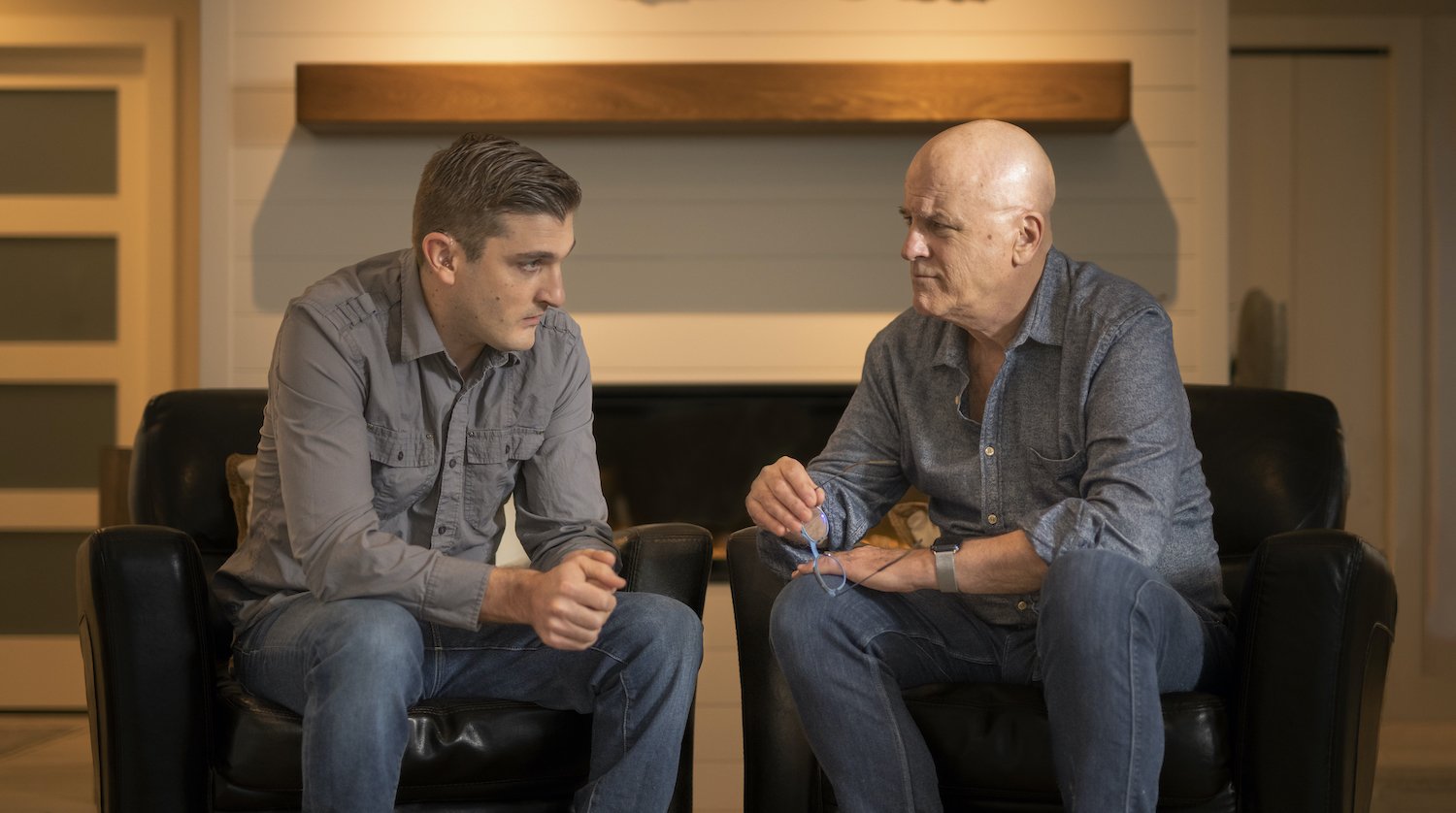About Recovery Coaching
-
A recovery coach is an ally, a confidant, a person with which you can brainstorm on what your best life might look like.
A recovery coach is a well-trained paraprofessional, who meets people where they are, with empathy and non-judgment.
Recovery coaches are a lifeline in the often rocky waters of recovery. They assist getting people to detox, rehab, sober living, or a host of other services.
They are there for people after treatment, when risks of overdose are much higher due to lowered tolerance.
-
Recovery starts exactly when you say it does.
No one knows your motivations and desires the way you do. You are in recovery if you say you are.
A well-trained recovery coach understands this and works with you on your best plan moving forward.
This is done at your speed, on your terms.
-
A recovery coach and a sponsor are vastly different in several ways.
A sponsor guides people through the 12-step programs such as AA, NA, GA, etc.
A recovery coach works within several pathways, which may or may not include the 12-step groups.
A recovery coach helps people build recovery capital, those critical underpinnings of good recovery foundation.
Many recovery coaches are sponsors within 12-step groups, but do not perform sponsorship duties while coaching.
-
Therapists look into your past to determine the causes of your struggles and associated behaviours.
Done well, this is an important part of establishing a stronger sense of wellbeing.
Conversely, a recovery coach helps you focus on the present and the vast potential of your future.
A good coach helps you identify your goals and any barriers that might be in the way.
-
Addiction recovery services is an ever-changing landscape.
In the 1970s, addictions counsellors filled the gap with a peer-led approach. The lack of controls meant addictions counsellors needed to be regulated through certification.
That meant there was now a hierarchal relationship, leaving that true peer-to-peer approach lacking.
This is why recovery coaches became necessary, to fill that gap in addiction service.
-
People who work with recovery coaches enter recovery sooner and stay longer. Recovery may mean complete abstinence or cutting down so intake reduces to a subclinical level.
A well-trained and accredited recovery coach meets you where you are, helping you reach the goals that have meaning for you.
Importantly, a recovery coach helps illuminate the barriers to those goals, which often includes substance use or behavioural addictions.
-
Sessions are set at the pace and timing of the client. These are typically a bit longer and more frequent at the beginning, then taper as the client establishes a greater sense of self-determination.
-
After the initial five-day course, you are on your way to two nationally recognized accreditations.
Those are the Canadian Certified Recovery Coach (CCRC) designation through the CACCF and the Recovery Coach Professional (RCP) through CCAR.
These pathways to accreditation are illustrated here.
-
Yes we do.
All of our training is held online, except for the first five-day intensive.That part is intentionally held in person, with good reason.
When the pandemic broke in 2020, we looked at the possibility of bringing this training online, and we even secured spots with CCAR’s online offering. CCAR is the Gold Standard of recovery coach training and forms the basis of ours.
Through that experience, we at Still Here determined that we would hold to an in-person delivery even in the face of the pandemic. We found windows of opportunity between restrictions to deliver this training, even while wearing masks during the 40 hours of the course.
This decision cost us financially, but we still maintain that for this kind of transformative learning, it’s essential to be experienced in-person. Our follow-up recovery coach mentorship program is offered online, and works really well in this format. We are able to serve coaches across the country in two time zones with this 20-week, hour long mentorship program.
We have one objective: To train Canada’s best recovery coaches. Everything we do is in service of that.
That said, all of our subsequent trainings, including 20-week mentorship, 8-week advance recovery skill and ethical considerations, all work beautifully online.

